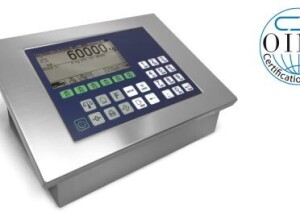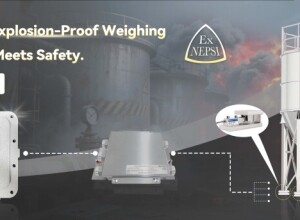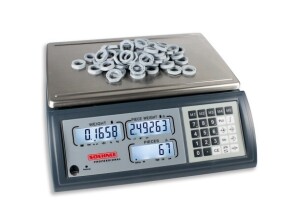Weighing Standards & Legal Metrology
Weighing standards and legal metrology ensure accuracy, fairness, and compliance across commercial, industrial, and scientific applications. Legal metrology defines the regulations, certification, and verification processes for weighing instruments used in trade and public safety.
What Is Legal Metrology?
Legal metrology is the practice of applying laws and regulations to measuring instruments. It ensures that measurements are accurate, consistent, and traceable, protecting consumers, businesses, and authorities.
Standards for Weighing Instruments
- OIML (International Organization of Legal Metrology): Provides international recommendations for non-automatic and automatic weighing instruments.
- ISO Standards: Set guidelines for performance, calibration, and quality management in weighing devices.
- National Regulations: Countries enforce legal metrology through certifications, inspections, and verification procedures.
Applications
- Retail and trade scales for fair commercial transactions.
- Industrial weighing systems for quality control and compliance.
- Transportation weighing, including truck scales and weigh-in-motion systems.
- Laboratory and healthcare balances requiring certified accuracy.
Compliance and Verification
Weighing instruments must undergo verification, calibration, and certification according to national and international standards. Compliance ensures trust, legal protection, and reliable measurement data.
Related Articles
- Calibration & Traceability
- Truck Scales & Weighbridges
- Weigh-In-Motion Systems
- Platform & Floor Scales

























